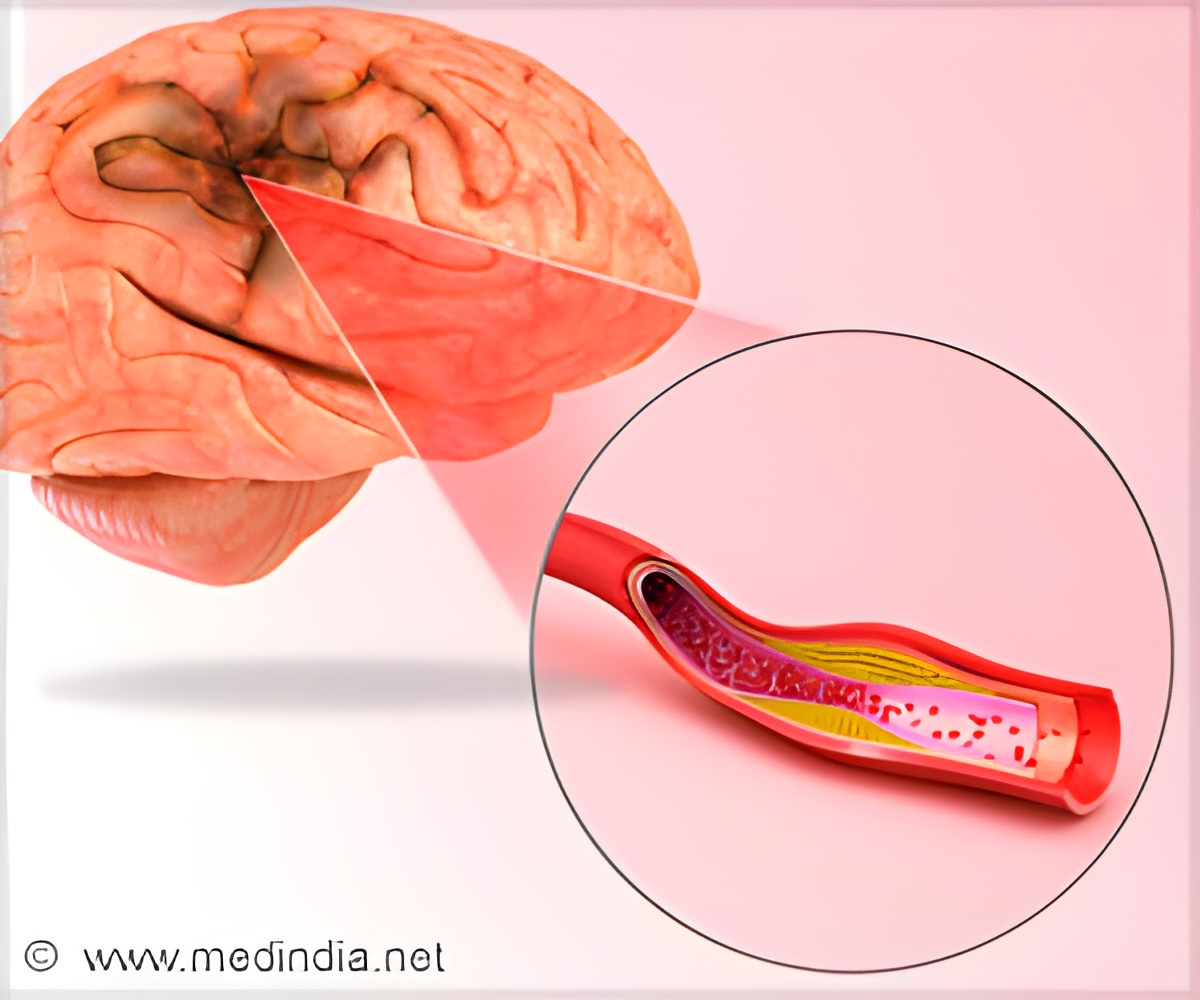A portable, lightweight, and affordable exoskeleton designed for stroke patients promises expanded accessibility, particularly in areas with limited resources.

IIT Delhi's Exoskeleton Device Heads for International Footprint to Australia for Clinical Trials in Collaboration with Proxmed
Go to source). Stroke is a debilitating condition that severely impacts the brain functions of the patient, making him/her paralyzed for the rest of their life. Designed and developed Dr. Amit Mehndiratta and Dr. Neha Singh along with a committed team in the Centre of Biomedical Engineering (CBME) at IIT Delhi.
Revolutionizing Stroke Rehabilitation: Exoskeleton Breakthrough Offers Improved Functionality
Conventional rehabilitation methods often fall short in treating stroke patients, with physiotherapy proving labor-intensive and subjective assessment. But, the exoskeleton synchronizes wrist and finger joint movements, significantly enhancing daily functions and minimizing muscle rigidity. Its muscle activity-controlled interface, adaptable settings, and real-time performance feedback promise a journey toward swiffer recovery. The trailblazing device uniquely addresses size and cost concerns plaguing conventional robotic solutions.‘The revolutionary upper limb rehabilitation robotic exoskeleton device seeks to mitigate the debilitating impacts of strokes. #stroke #paralysis #exoskeleton’





The exoskeleton showcased remarkable enhancements in mobility and reduced muscle rigidity through successful trials involving over 60 patients at AIIMS's Neurology Department. These results underscore the exoskeleton's potential to revolutionize the field of rehabilitation. Meanwhile, RoboExo SMART is also poised for clinical trial studies for international acceptability in collaboration with Proxmed -- an Australian entity committed to driving healthcare innovations." The collaboration with Proxmed Australia heralds an exciting chapter. The exoskeleton's journey to Australian shores for clinical trials marks a pivotal step towards global recognition and efficacy validation. Together, both entities will propel stroke rehabilitation into an era of unparalleled possibilities," said Prof Mehndiratta, in a statement. The collaboration has been made possible through the Foundation for Innovation and Technology Transfer (FITT) -- an industry-academia interface at IIT Delhi.
Reference:
- IIT Delhi's Exoskeleton Device Heads for International Footprint to Australia for Clinical Trials in Collaboration with Proxmed - (https://home.iitd.ac.in/show.php?id=42&in_sections=Research)
Source-IANS















